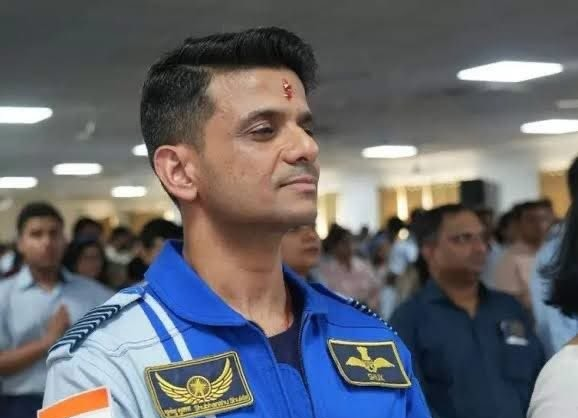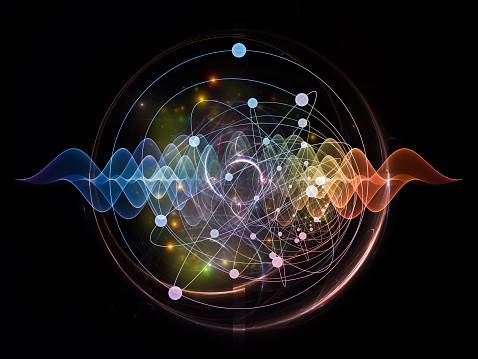Shubhanshu Shukla becomes the first Indian on the ISS in decades, paving the way for Gaganyaan and global collaborations
INDIA IS RETURNING TO SPACE, JAI HIND 🇮🇳 pic.twitter.com/axqFfZ6Pud
— Shubhanshu Shukla (@IndiaInSky) June 25, 2025
India has officially re-entered the human spaceflight arena after 40 years, thanks to the participation of Group Captain Shubhanshu Shukla in Axiom Mission 4 (Ax-4). The historic mission, launched aboard SpaceX’s Falcon 9 and Crew Dragon spacecraft, carried four astronauts to the International Space Station (ISS), with Shukla representing India. The mission is a commercial venture by Axiom Space, but its implications for India’s national space strategy — particularly the Gaganyaan Mission — are profound.
This development marks the first Indian presence aboard the ISS, and only the second Indian in space after Rakesh Sharma’s Soviet-backed flight in 1984. More than symbolic, this is a strategic leap forward for ISRO as it tests crew readiness, bio-experiments, and deepens ties with NASA, SpaceX, and other international stakeholders.
India’s Experiments in Space: From Fenugreek to Quantum Biology
As part of Ax-4’s 60+ research experiments from 31 countries, India contributed significantly to space biology and microgravity research. Shubhanshu Shukla is conducting agricultural tests involving fenugreek (methi) and moong dal, to study plant growth in low-gravity environments — a major step towards long-term human habitation in space.
Another Indian-led experiment involves the study of tardigrades, microscopic organisms known for surviving extreme conditions. This experiment will help scientists understand bio-survivability in harsh extraterrestrial environments, which is essential for extended lunar or Martian missions. Studies on muscle loss and myogenesis in astronauts are also on the agenda — research directly feeding into Gaganyaan’s long-term life support planning.
India’s presence in Ax-4 isn’t just about bragging rights — it’s about building capabilities. These space-based findings will feed directly into India’s National Quantum Mission and future collaborations in quantum sensing, gravity detection, and biotech-based countermeasures for long-duration space travel.
Gaganyaan Boost and Global Perception of Indian Space Program
This mission offers ISRO a real-world platform to evaluate crew training protocols, equipment performance, and astronaut behavior in space — all of which will be invaluable for Gaganyaan, India’s indigenous manned space program expected to launch in 2027. The mission also builds public trust, showcases talent like Shukla on a global platform, and re-establishes India as a serious player in human space exploration.
Moreover, India’s participation in Ax-4 strengthens its diplomatic and technological engagement with the West — particularly NASA and SpaceX — and allows Indian scientists to access international research infrastructure like the ISS. As countries race for space supremacy, India’s approach of strategic collaboration over isolationism is earning respect.





















